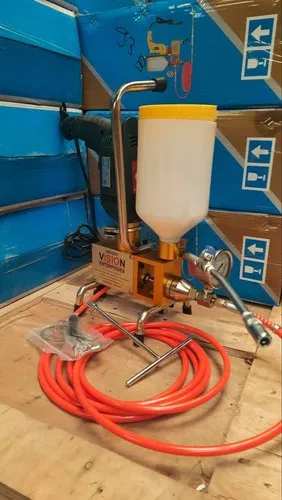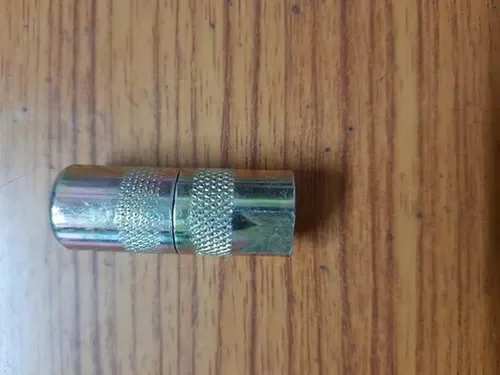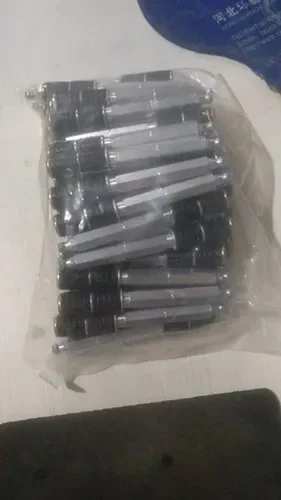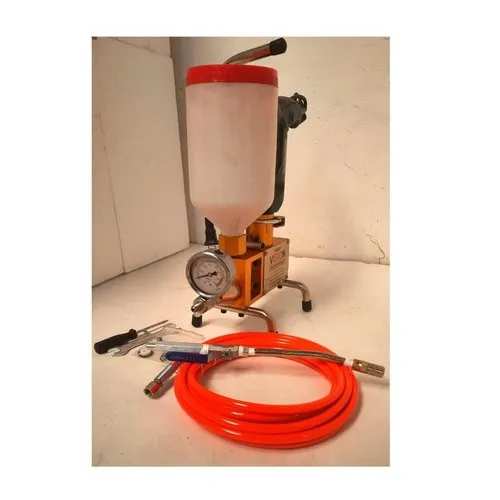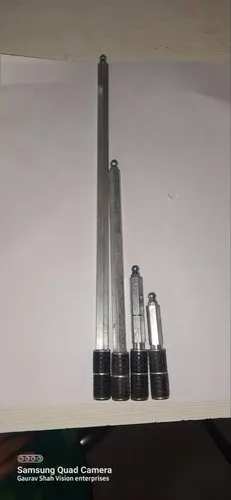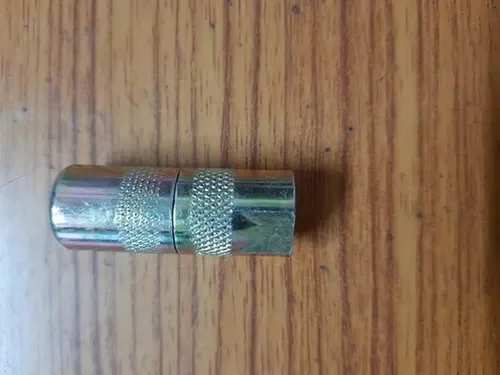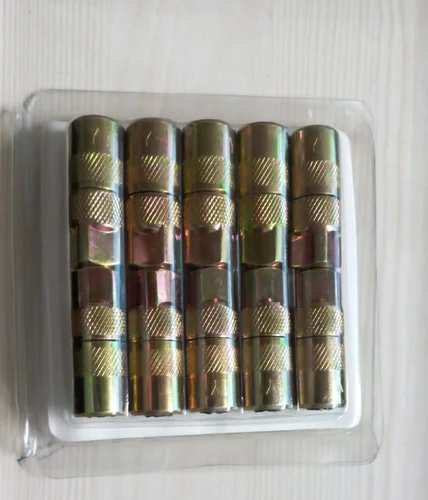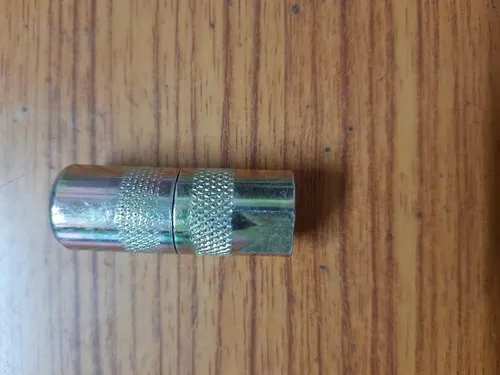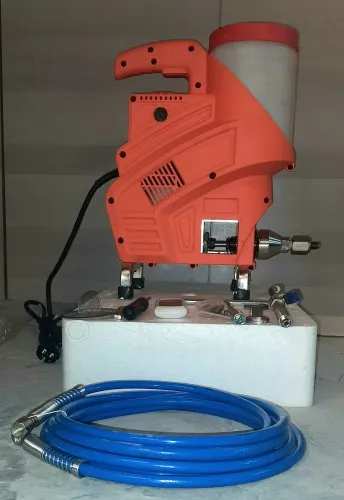Usage/Application: Grouting Brand: Vision Enterprises Pump Type: Piston Pump Power Source: Electric Model Name/Number ; IG 01 Discharge Pressure: Approx. 500 Bar Material: Mild Steel Head: 2 L Motor Horsepower: 600 Watt Maximum Discharge Flow: 1 L/min Best Value for money Epoxy Grouting Pump. Lowest price and committed for best pricing for spares. Epoxy grouting pumps are specialized tools used to inject epoxy resin into cracks and voids in concrete and other materials. They play a crucial role in construction, repair, and restoration projects by strengthening structures, preventing water infiltration, and improving overall stability. Here's a breakdown of epoxy grouting pumps: Types of Epoxy Grouting Pumps: Piston pumps: These pumps are known for their high pressure output, making them ideal for deep crack injection and heavy-duty applications. Gear pumps: Offering smooth and continuous flow, gear pumps are suitable for injecting low- viscosity epoxies and filling shallow cracks. Screw pumps: These pumps excel at handling thick and abrasive grouts, making them effective for filling large voids and gaps. Key Features of Epoxy Grouting Pumps: Flow rate: Measured in liters per minute (LPM) or gallons per minute (GPM), it determines the speed at which the epoxy is injected. Pressure output: Measured in MPa or PSI, it indicates the pump's capability to push the epoxy against resistance. Viscosity range: Different pumps can handle various viscosities of epoxy resins, from thin and fluid to thick and paste-like. Portability: Some pumps are portable and lightweight, while others are stationary and require more setup. Material compatibility: Choose a pump with components resistant to the specific epoxy resin you'll be using.

